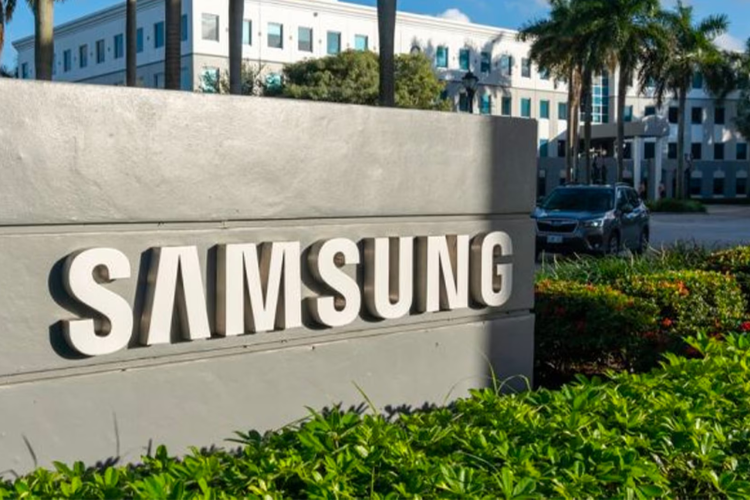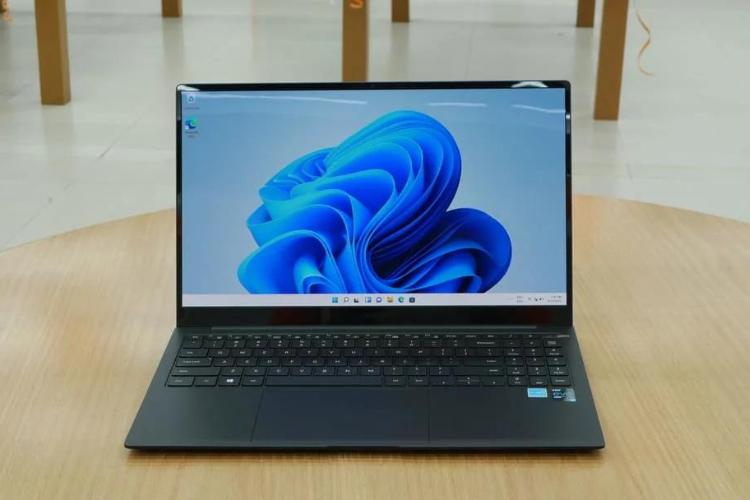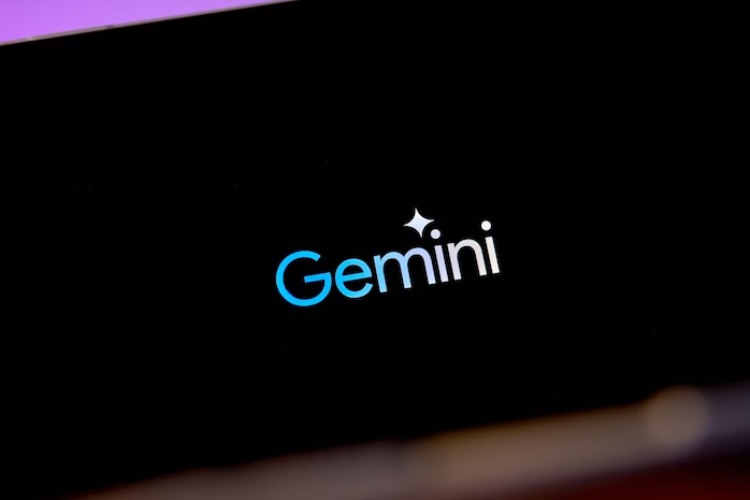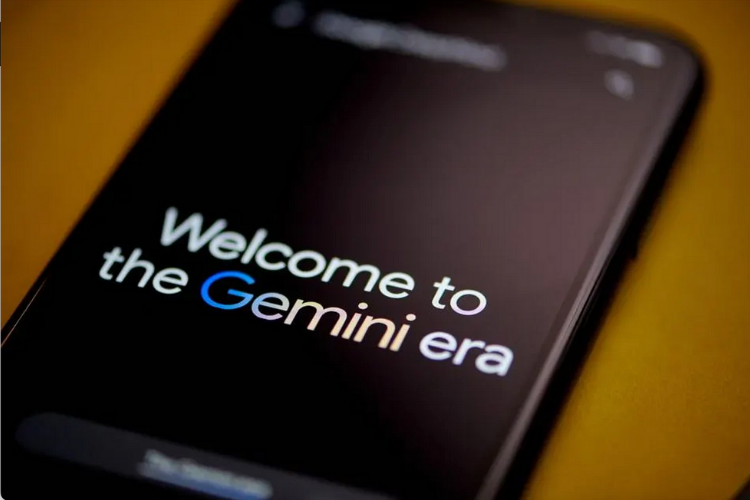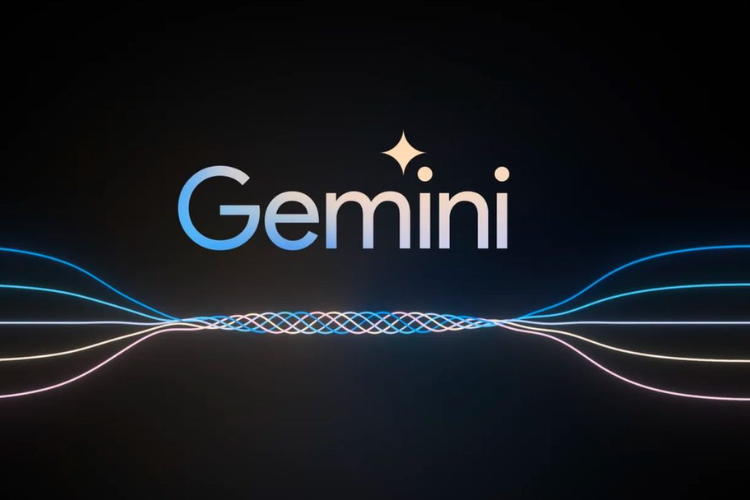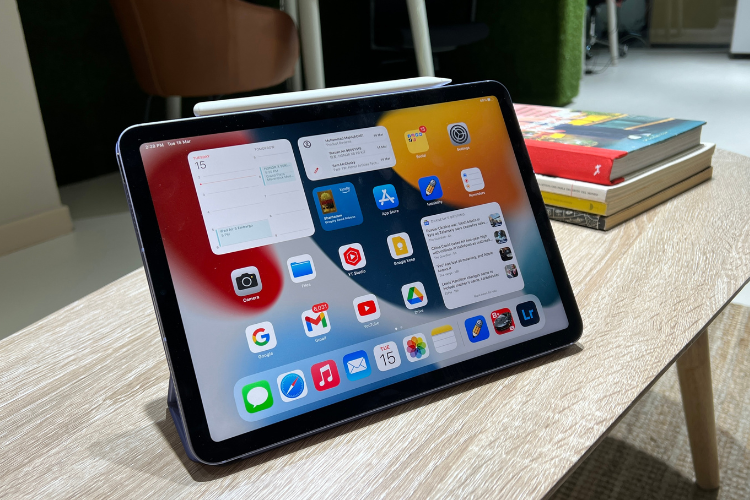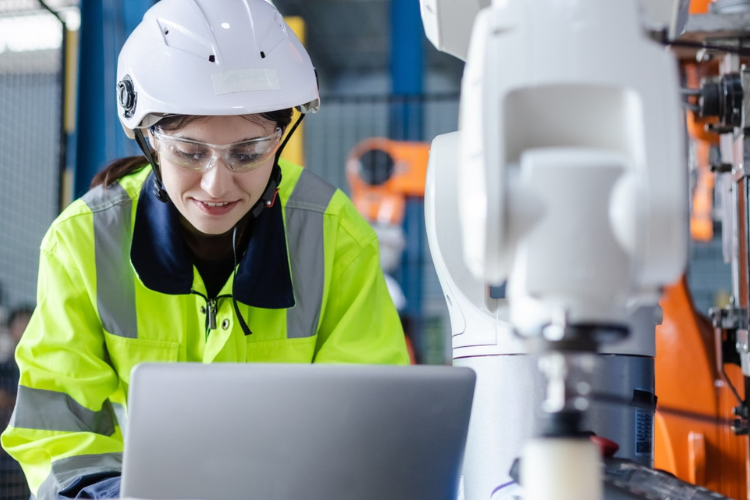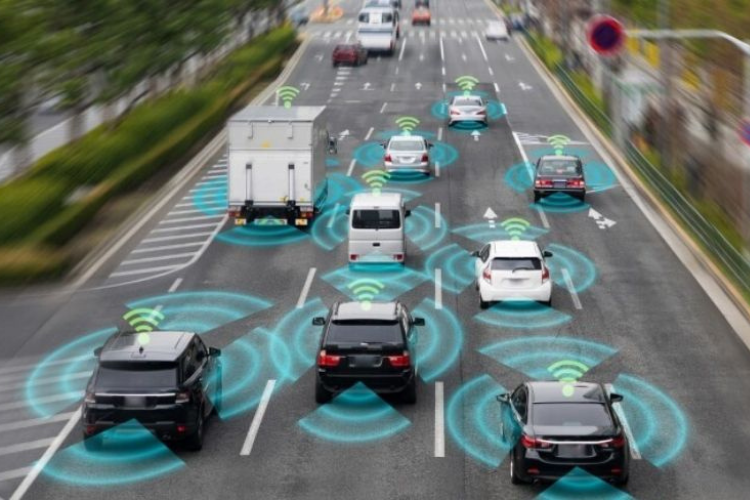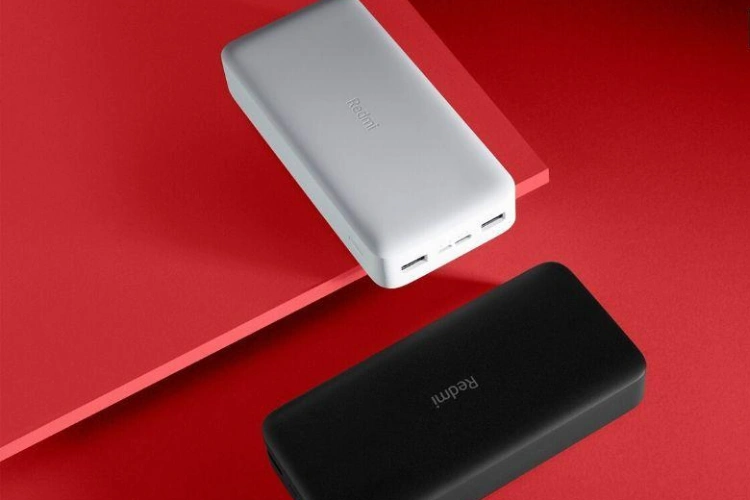
Artificial Intelligence (AI) has surpassed the realm of futuristic speculation to become an integral part of our daily lives. From the moment we wake up to the time we go to bed, AI influences and enhances various aspects of our existence that extend far beyond just convenience.
As technology continues to advance, the seamless integration of AI into our daily routine will undoubtedly evolve, introducing new dimensions of efficiency, innovation, and perhaps, even more surprising applications that we have yet to imagine. From enhancing productivity and personalizing user experiences to contributing to our health and safety, AI has become a silent yet powerful force that shapes the way we interact with the world.
Check out this list of ways in which AI has seamlessly integrated into our routines.
1. Virtual Personal Assistants

One of the most common applications of AI in our daily lives is through virtual personal assistants. Whether it's Siri on Apple devices, Google Assistant, or Amazon's Alexa, these AI-powered assistants help us with tasks such as setting reminders, sending messages, answering queries, and even controlling smart home devices. They learn from our interactions, adapting to our preferences and habits over time.
2. Smart Home Automation
AI plays a crucial role in the automation of our homes. From thermostats that adjust to our temperature settings to smart lighting systems that respond to our daily routines, AI-driven home devices make our living spaces more energy-efficient and comfortable.
3. Social Media Algorithms

The content we see on social media platforms is increasingly influenced by AI algorithms. Platforms like Facebook, Instagram, and Twitter utilize AI to analyze user behavior, predict preferences, and curate personalized content feeds. This not only keeps us engaged but also introduces us to content that aligns with our interests.
4. Predictive Text and Auto-Correct
AI algorithms power the predictive text and auto-correct features on our smartphones. As we type, these algorithms analyze our writing patterns and suggest words or correct spelling errors, making our communication more efficient and reducing the likelihood of typos.
5. Online Shopping Recommendations

E-commerce platforms use AI to analyze our browsing and purchasing history and provide personalized product recommendations. Whether it's Amazon suggesting items similar to our previous purchases or Netflix recommending shows based on our viewing history, AI enhances our online shopping and entertainment experiences.
6. Health and Fitness Apps
AI has made a significant impact on the health and fitness industry. From wearable devices that track our physical activity to apps that offer personalized workout routines and dietary recommendations, AI contributes to our overall well-being by providing insights and guidance customized to individual health goals.
7. Navigation and Traffic Optimization
Navigation apps like Google Maps utilize AI to analyze real-time traffic data, providing us with the fastest routes and estimated arrival times. These apps adapt to changing conditions, helping us navigate through traffic efficiently.
8. Fraud Detection in Banking
AI algorithms are employed in the banking sector for fraud detection and prevention. These systems analyze transaction patterns, identify abnormalities, and alert users of financial institutions to potential fraudulent activities, enhancing the security of our financial transactions.
9. Language Translation Services
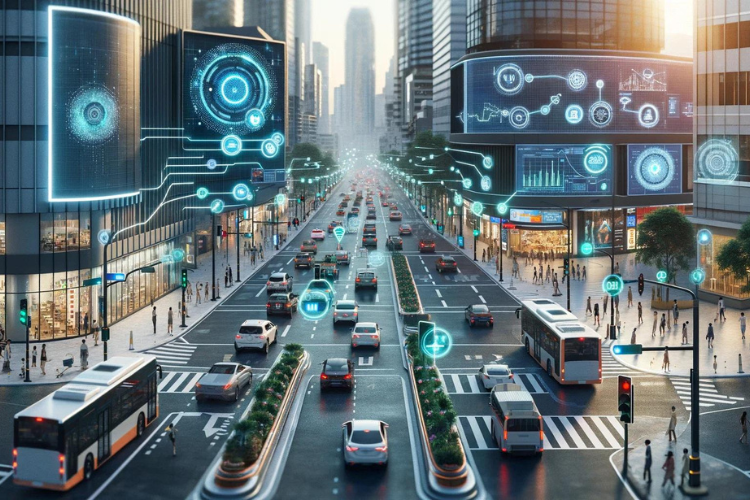
AI-driven language translation services have transformed communication across borders. Apps like Google Translate use machine learning algorithms to provide real-time translations, which makes it easier for individuals to overcome language barriers and communicate effectively in diverse global settings.
10. Entertainment and Content Creation
AI is increasingly playing a role in entertainment, from recommendation algorithms on streaming platforms to creating music, art, and even writing. Platforms like Spotify use AI to curate playlists based on individual music preferences, while AI-generated content is making waves in creative fields.
Continue Reading...
.png)




